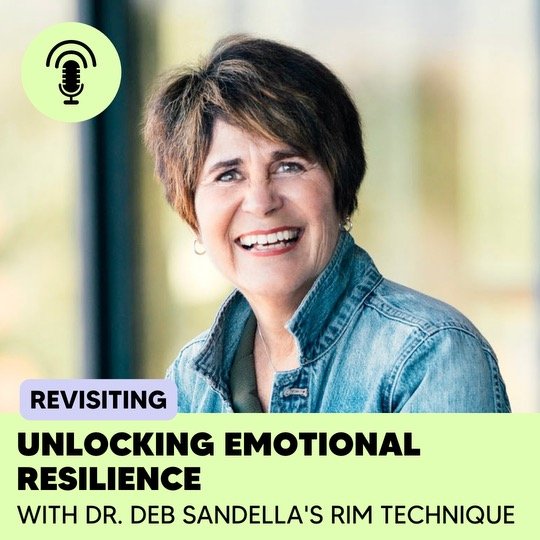#41 | Avery Bang on Engineering, Entrepreneurship, and Empowering New Leaders
In 2006, fresh from graduate school with degrees in Business & Geotechnical Engineering, Avery Bang couldn’t wait to go out and save the world. Her business and engineering knowledge combined with her passion for social justice had her chomping at the bit, searching for a problem she could solve.
The problem started to reveal itself when Avery discovered a man who was building bridges in developing countries to connect isolated villages with vital resources like food, fuel, school, job opportunities, and more. Avery wanted to do the same, even volunteering to travel across the world without pay just to help build a bridge. When Bridges to Prosperity became a formal organization with Avery as CEO, that’s exactly what they started doing: building bridges to connect rural villages to the towns and villages they needed to access.
Bridges to Prosperity began constructing hundreds of bridges, primarily by flying in foreign engineers from around the world, all wishing to use their skills to “save the people.” It wasn’t long before Avery started feeling that something was wrong with the picture. As she put it: “The white savior thing is real.” Eventually she began questioning everything.
“And all of a sudden you start to think deeply about, like, what really is the program at hand and what really is scale? Is it sending more foreigners from halfway across the world to have this feel good experience? Or is it finding ways so places that need these projects can procure them on their own and build them on their own?”
From that critical awakening, Avery and her team began shifting their operation to one that supported local people in designing and building the bridges they wanted to build; bridges they could maintain, improve and own. Avery continued to bring design experts, and together they assembled a library of design choices for different situations. But they no longer brought in teams of foreigners. Bridges became what it needed to be: local people building bridges they wanted to build to achieve the things they wanted to achieve, like getting their children to school safely.
Feeling her mission at Bridges to Prosperity was complete, Avery accepted a position with the highly regarded Mulago Foundation. A privately funded organization, Mulago belives there is an outsized opportunity to find entrepreneurs around the world who are really committed to solving an intractable problem. These early stage entrepreneurs have lived experience and a felt sense of what they're trying to solve. Whether its a lack of a primary healthcare system, or the educational achievement is bar is quite low, or water is not easily accessible, they understand these things quite acutely and they are working to solve that problem.
Christelle, a Rwandan engineer, is a prime example. She has developed a system to bring bring water taps into the homes in her village rather than walk a long distance to a water pump. 80% of rural African families still don’t have clean water within reasonable walking distance. One might ask why the Rwandan government hasn’t provided this service.
“It's a question of is there an incentive for the government to provide water? Probably yes, but not today, and so then you come in and you say, how can a private sector company or social enterprise plug a gap and help make it so?” — Avery Bang
Christelle is one of twenty current Mulago fellows receiving grants, debt or equity as well as other assistance to grow her proven plan to scale and later share that plan globally.
Avery Bang’s Ted Talk (watch here)
In this episode, we discuss:
• How Mulago Foundation supports irrepressible leaders working to solve local problems that if scaled can have global impacts.
• Avery’s lessons learned in her fifteen years as CEO of Building Bridges to Prosperity
• Building Bridges’ efforts to craft a world where isolation does not create poverty.
• How '“voluntourism” often takes more than it gives.
• The critical role Mulago’s philanthropy plays in supporting big ideas that change lives.
• The many ways supporting social entrepreneurship builds a better world.
• The heartwarming and visionary story of two brothers and a good friend at the core of the Mulago Foundation.










